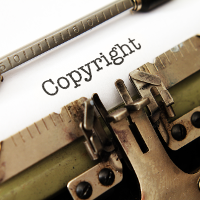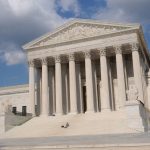The following post comes from Ryan Reynolds, a 3L at Scalia Law and Research Assistant at CPIP.
 By Ryan Reynolds
By Ryan Reynolds
In the 89 years following the publishing of the first Restatement of Law in 1932, the American Law Institute’s (ALI) Restatements have become an important tool for those in the legal community to better understand different bodies of law. Read more


 On February 1st, President Trump nominated Neil Gorsuch to fill the Supreme Court seat left vacant by the passing of Justice Antonin Scalia. The announcement opened the floodgates of prognostication as to how the appellate court judge from Colorado might sway the Court in the coming terms, with forecasters pouring over his past decisions in an attempt to get into the head of the potentially game-changing jurist.
On February 1st, President Trump nominated Neil Gorsuch to fill the Supreme Court seat left vacant by the passing of Justice Antonin Scalia. The announcement opened the floodgates of prognostication as to how the appellate court judge from Colorado might sway the Court in the coming terms, with forecasters pouring over his past decisions in an attempt to get into the head of the potentially game-changing jurist.  Last week, the European Court of Justice—the judicial authority of the European Union—issued an anticipated
Last week, the European Court of Justice—the judicial authority of the European Union—issued an anticipated  In a recent
In a recent